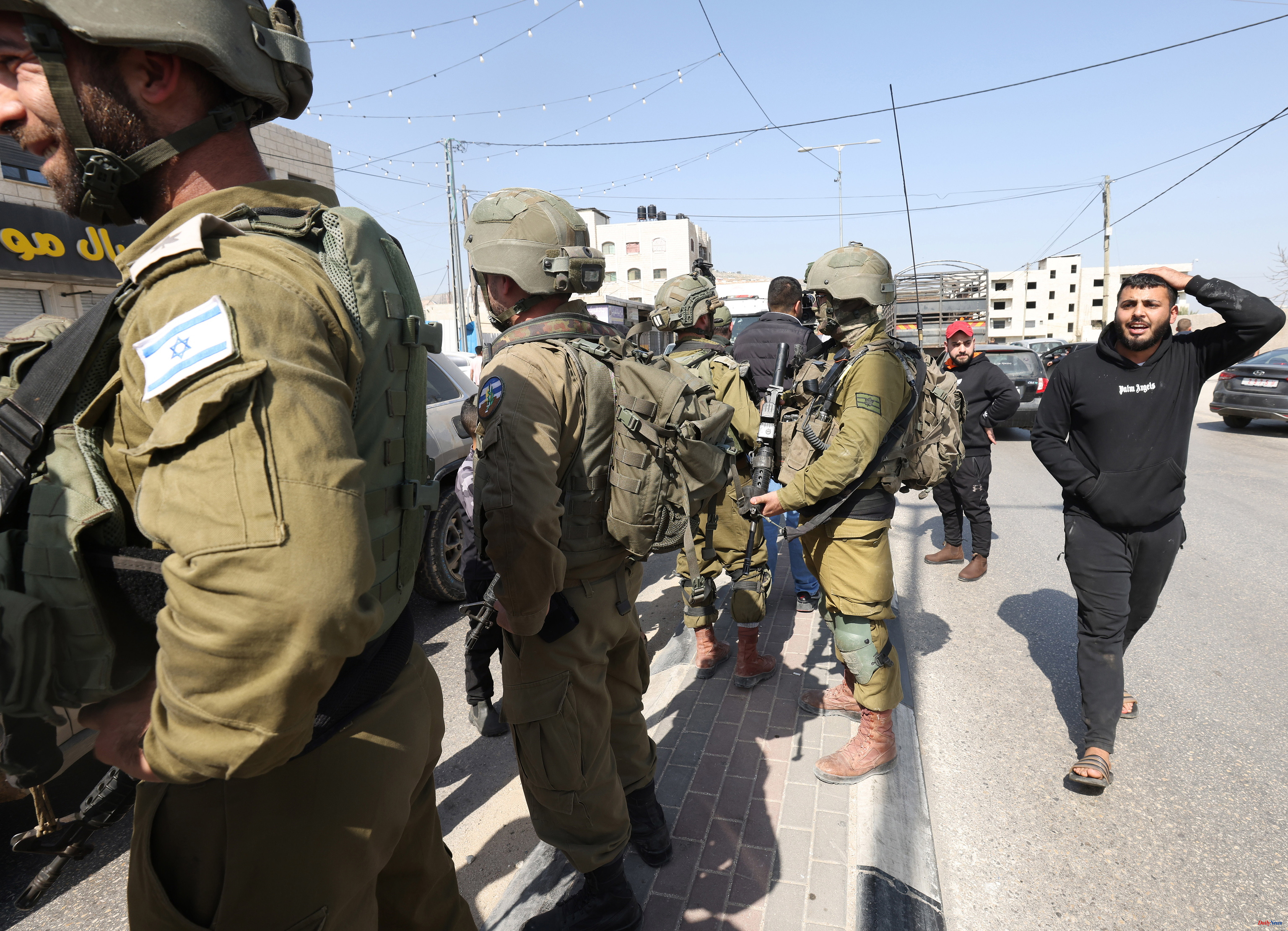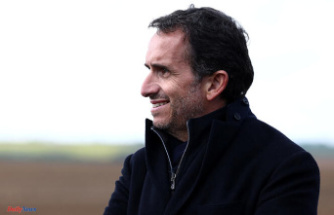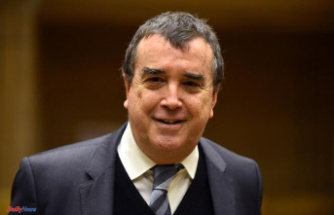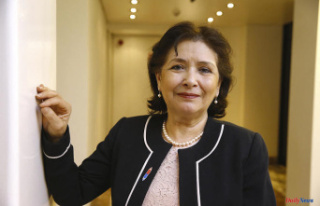Not even its Iron Dome defensive batteries guarantee that the Israeli Army will remain immune to the monumental crisis that is plaguing Israel around the judicial reform proposed by the Government that seeks to weaken the power of the Supreme Court.
In a recent meeting with Prime Minister Benjamin Netanyahu, the head of the Armed Forces, Herzi Halevi, gave an operational review of the wave of Palestinian attacks and the Iranian military infrastructure in Syria. But along with these challenges known to Israeli security organizations, Halevi exposed a new one: the possibility that soldiers in the reserve will reject the call-up if the judicial reform is approved. In such a case, they warn that it would end the separation of powers and the essence of democracy. "The operational and deterrence capacity of the Tsahal is at stake," a former officer told this newspaper, concerned about the effects for Israel that both the reform and the possible refusal of the reservists could cause. All of this worries Halevi almost as much as the reports from Military Intelligence (Aman) about the breakthrough of the Iranian nuclear plan.
At the moment there is no insubordination, but the letters of protest accumulate on the table of the General Staff, setting off all the alarms. The last manifesto, of women and men of a minidrones unit. As in Israel's wars, the Air Force is the main protagonist in this internal battle between two sides that accuse each other of attacking democracy. The ten living Air Force chiefs have sent a letter to Netanyahu and Defense Minister Yoav Galant warning that the crisis may constitute "a great danger to national security."
37 of the 40 F-15i fighter reservist pilots of Squadron 69 announced that this Wednesday they would not attend training in protest against the progress of the "judicial revolt." This is an important squadron that participated, for example, in the bombing of the Syrian nuclear reactor in 2007. One of them clarifies that they will continue to "serve the army of the Jewish and democratic State", adding that they will arrive on Wednesday to talk with their officers about "the worrisome processes in the country" and recalls that those who accuse them of "unsubmissive" form a government with ultra-orthodox parties that encourage their own not to comply with regular mandatory service.
The protest of reservists - be they pilots, tankers, paratroopers or doctors - is accompanied by a warning: If the reform is approved without an agreement between all parties, many will refuse to serve in a country that, in their opinion, will be less democratic. .
Without reaching the terms used by two ministers against said reservists ("weaklings" or "go to hell"), Netanyahu denounces any sign of insubordination and asks to keep politics out of the Army. "When we fight on the battlefield and look to the right and left, we do not do so to verify the political views of our brothers and sisters, but to confront the enemy and ensure the security of our country," Netanyahu told his former fellow soldiers. the elite unit Sayeret Matcal who ask him to freeze the initiative of his Minister of Justice.
Traditionally, the former army chiefs who ended up in politics did so from the center left: Ehud Barak (former prime minister) and Dan Jalutz are respected voices of the protesters while Benny Gantz and Gadi Eizenkot lead the second opposition party in the Knesset. . However, the reservists who demonstrate every Saturday assure that it is not a matter between left and right. The proof, they add, is that the former defense minister, Moshe Yaalon, and the former head of the security service, Yoram Cohen, come from the right and oppose a plan that threatens to crack one of Israel's last sacred cows. .
For this reason, Halevi and Galant met on Tuesday afternoon with the representatives of the reservists participating in the massive protest.
According to the criteria of The Trust Project












